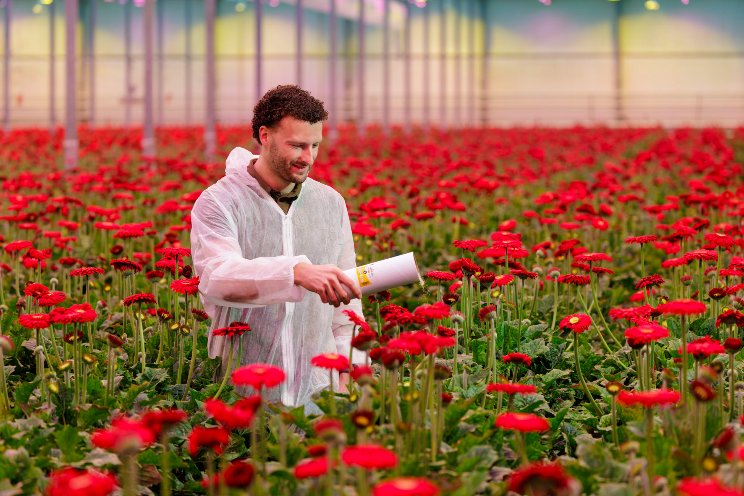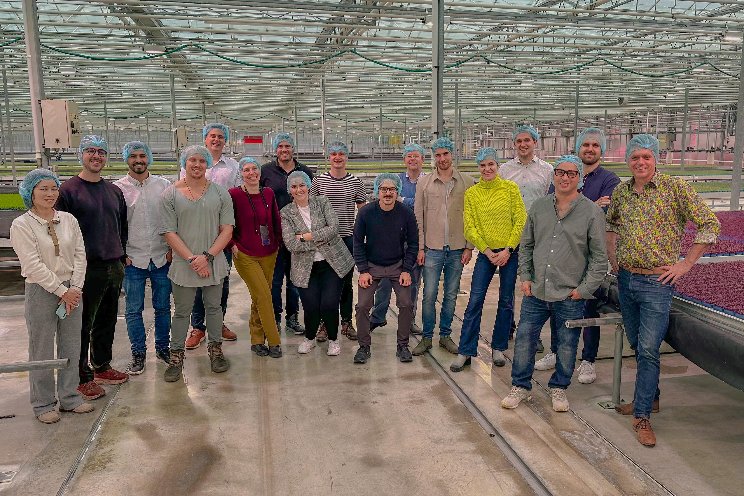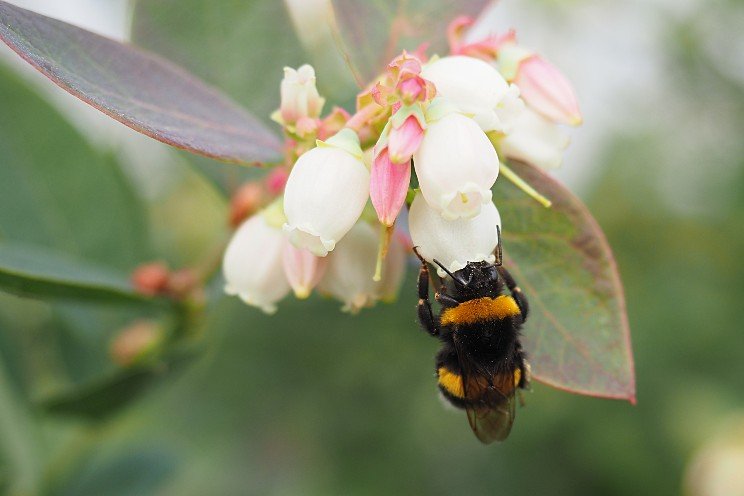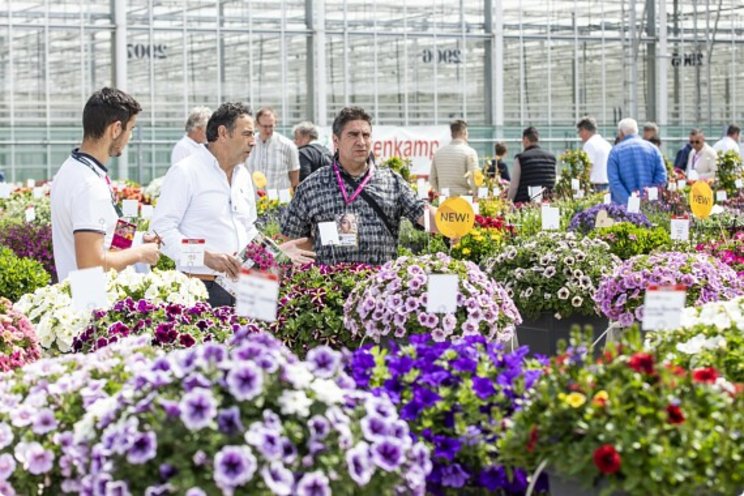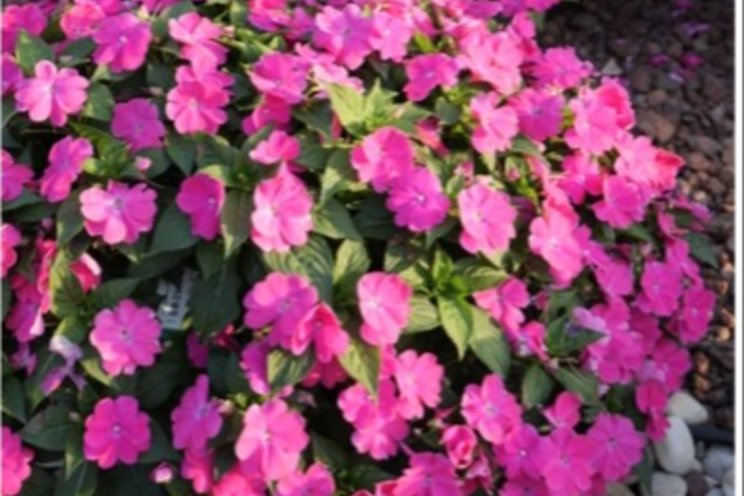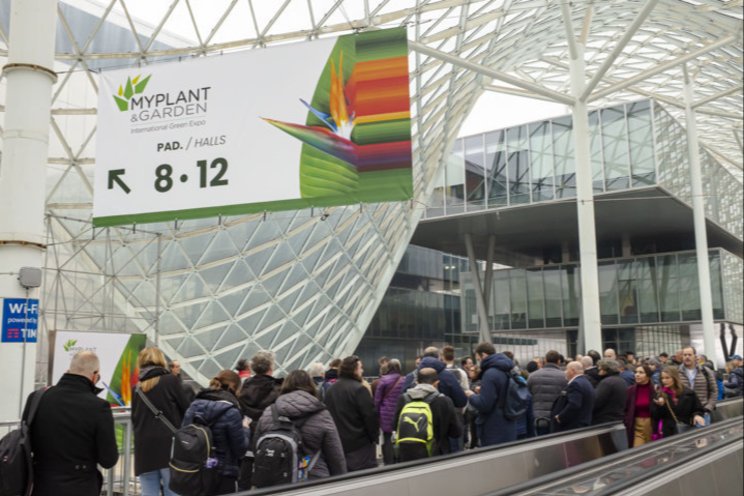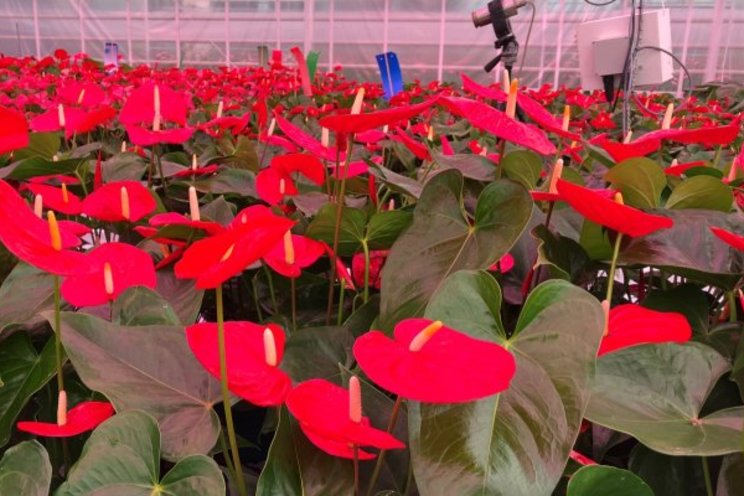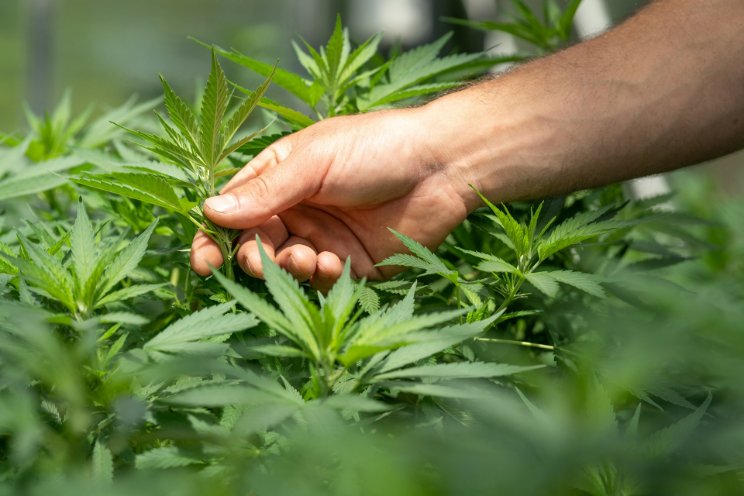Saudi Arabia in the midst of a water crisis
Added on 02 September 2024
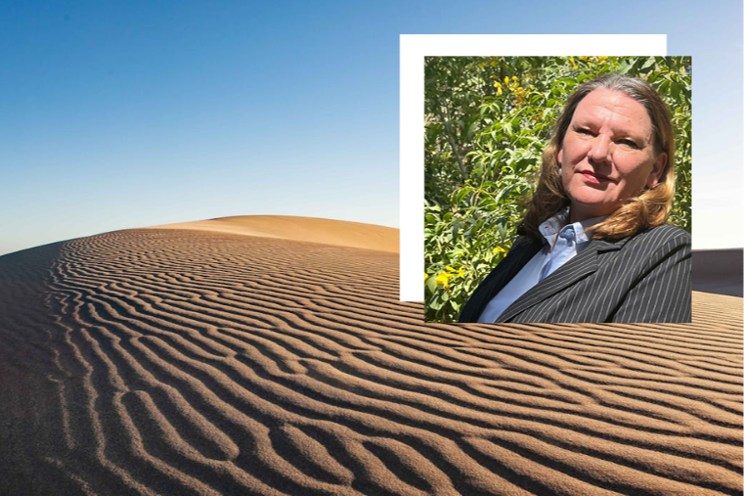
An interview on water scarcity in Saudi Arabia, with Simone Landhuis, Agricultural Counselor for Gulf Cooperation Council countries
Dutch Greenhouse Delta collaborates closely with the Agricultural Council for the GCC countries, based in Riyadh. This article with Simone Landhuis was published on Agrospecials, edition 12, by the Dutch government.
The Gulf Cooperation Council (GCC) countries—Saudi Arabia, the United Arab Emirates (UAE), Oman, Qatar, Kuwait, and Bahrain—face some of the most severe water challenges in the world. These nations are situated in one of the most arid regions on Earth, where natural water resources are limited, and the threat of desertification looms large. Simone Landhuis, Agricultural Counselor for this region at the Dutch Embassy in Saudi Arabia, works on navigating these complexities with innovative solutions on sustainable agriculture and water management.
“In the Gulf Cooperation Council (GCC) countries, we face significant water challenges. The climate is exceptionally dry, and natural water resources are scarce. Salinization is a growing problem across the region,” Landhuis begins.
Saudi Arabia, the largest country in the region, is hit particularly hard. “It is one of the driest countries in the world with limited water resources due to overexploitation. The demand for water is incredibly high due to the growing population, industry, and agriculture. In fact, water consumption in Saudi Arabia ranks among the highest in the world. Overexploitation of groundwater has led to a situation where there’s almost no water left, and soil salinization has become a serious concern.”
“Despite only 1% of the land being suitable for agriculture, Saudi Arabia is the largest food producer in the region, particularly poultry and dairy as well as horticulture, aquaculture and dates. Agriculture accounts for 88% of the country’s total freshwater usage. Drinking water primarily comes from energy-intensive desalination plants, making Saudi Arabia one of the largest producers of desalinated seawater. However, this method isn’t very sustainable, not only due to the brine waste that desalinization produces, but also because it relies heavily on fossil fuels. The severity of the water crisis here is almost unimaginable, unless you can witness it firsthand.”
More news
